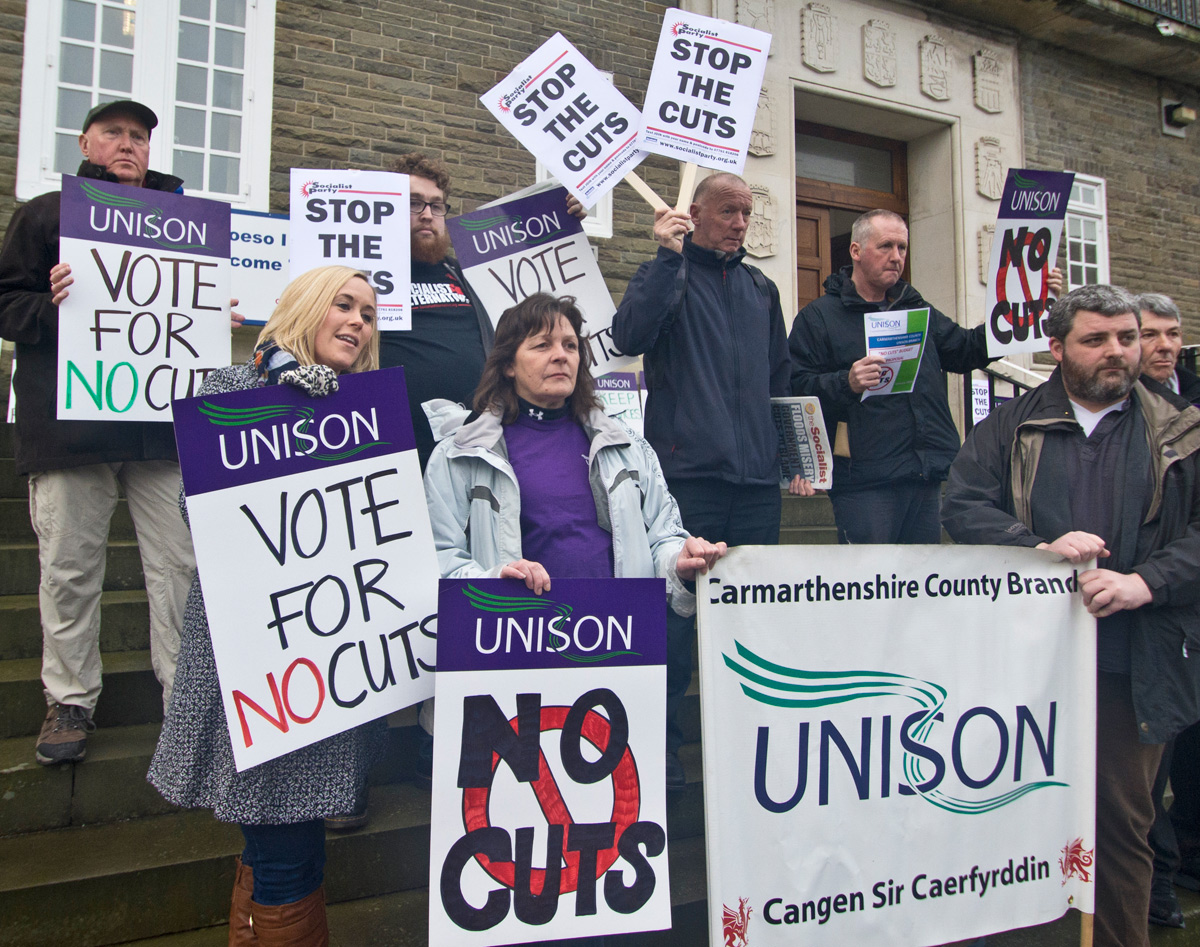Editorial of the Socialist issue 1072
No ‘blank cheque’ for Labour leadership candidates
- Build united working-class struggle against Tory cuts and attacks on workers’ rights
The nomination stage of the Labour leadership contest is in full swing, but without the enthusiasm within and beyond the party’s rank and file that marked the surge behind Jeremy Corbyn when he stood for leader.
Only 14,700 people paid £25 to vote as registered supporters during the 48-hour period giving that option, whereas in 2016 the figure was 183,541. A certain upturn has been reported in the number signing up to become a full party member – another route to gaining a vote in the contest – but is not yet clear who most of them will vote for as leader and deputy leader, or how the hundreds of thousands of already existing members will vote.
All the candidates say at least some of what they think members who supported Corbyn want to hear – that they will continue and develop Corbyn’s pledges for measures in the interests of the working class. However, for a real choice in the potential direction of the party to be seen, clear boundaries need to be exposed between candidates who will fundamentally serve capitalist interests and those who genuinely want to resist them.
No false ‘unity’
All the candidates argue for ‘unity’. But it can, in reality, only be a false unity, because the class interests involved can’t be reconciled except on the basis of a disastrous turning away from socialist policies by the left.
Keir Starmer, a former Director of Public Prosecutions who has been declared the best candidate by former Tory chancellor George Osborne, was evasive when challenged to explain his ‘socialist’ ideology by a local newspaper in his constituency area. He spoke of the need to “shift power and wealth” and “do things more radically than we had envisaged in the past”. These phrases show his accommodation with the rotten capitalist system and lack of intention of breaking with it.
The Unite union is supporting the two candidates with the best record of backing Unite’s policies and Corbyn: Rebecca Long-Bailey for leader and Richard Burgon for deputy. But whether those two will succeed in attracting enough support to secure victory is far from certain at this point in time.
Both have made clear one important difference with the other candidates, by expressing support for open (mandatory) reselection of parliamentary candidates. This is a measure that would contribute to democratising and transforming the party in the right direction.
But on a number of other issues Long-Bailey has succumbed to the agenda of Labour’s right and the capitalist press, partly blaming ‘antisemitism’ for Labour’s election defeat, for example. Her preferred deputy is Angela Raynor, who is not a member of the left-wing Socialist Campaign Group, rather than Burgon, who is.
Whatever the contest’s outcome, the anti-establishment anger in Britain and burning need for improved living standards – which Boris Johnson temporarily leant on – won’t go away. Whoever is elected will come under great pressure from workers and youth to deliver policies in their interests, as well as pressure from capitalist circles to satisfy theirs.
This will be against a background of ongoing volatility across the globe and fast moving events, including more mass movements demanding deep-rooted change. No Labour leader will be static or isolated from influences around them. They will either accommodate to capitalist interests and – if that becomes their main trajectory – further lose their working-class electoral base, or they can help with the task of building mass working-class political representation on an anti-capitalist, socialist basis.
Before the general election, an all too common sentiment in the workers’ movement was to wait for the election, hoping for a Corbyn-led government. Now the type of unity that is needed is the building of trade union-led workers’ unity in struggle against the Tory government, along with demands on Labour’s leaders to support that struggle against cuts in services and in defence of workers’ and democratic rights. There should be no blank cheque of support given to any of these candidates; only support and pressure for concrete measures to democratise Labour and arm it with socialist policies.








